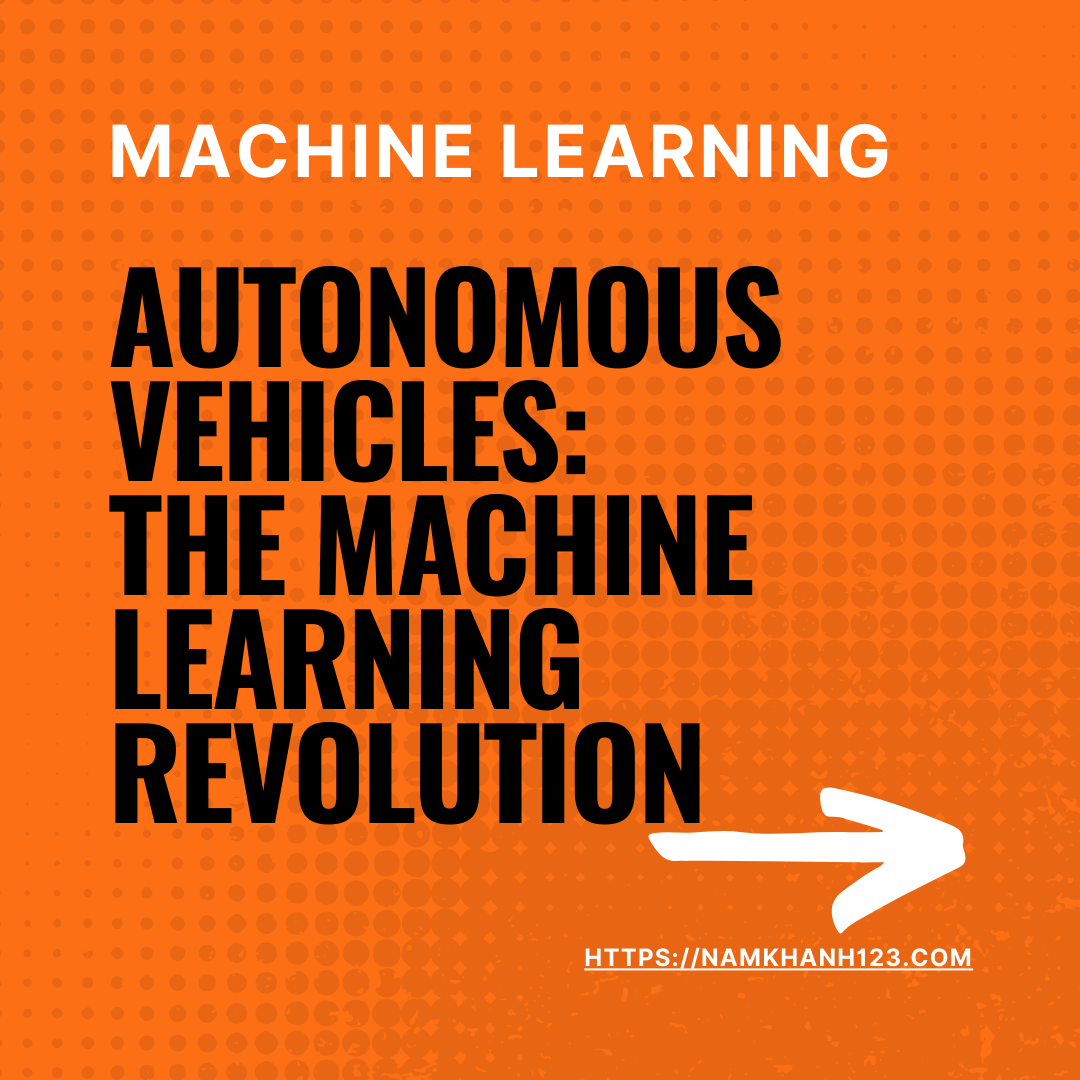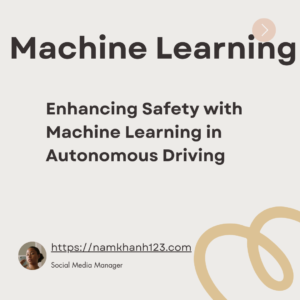In the realm of technological innovation, few things have captured the imagination and enthusiasm of the world quite like autonomous vehicles. At the heart of this transformative shift is machine learning, a revolution that is steering the future of transportation into new, uncharted territories. As we explore the profound impact of this revolution, it’s clear that autonomous vehicles are not just a futuristic concept but a present reality, reshaping our approach to mobility, safety, and urban living.
Machine learning, a subset of artificial intelligence, empowers autonomous vehicles to interpret and interact with their surroundings in real time. By processing vast amounts of data from an array of sensors and cameras, these intelligent systems can recognize patterns, predict outcomes, and make decisions, all without human intervention. This capability is the cornerstone of autonomous vehicle technology, enabling cars to navigate complex environments, adapt to changing conditions, and ultimately, transport passengers safely to their destinations.
The machine learning revolution is bringing about unprecedented levels of safety and efficiency. By reducing the reliance on human drivers, who are prone to errors and distractions, autonomous vehicles can significantly decrease the number of accidents and fatalities on our roads. Furthermore, machine learning algorithms optimize routes, reduce traffic congestion, and enhance fuel efficiency, contributing to a more sustainable and efficient transportation system.
Moreover, the impact of autonomous vehicles extends beyond the roads. They promise to transform urban spaces, reduce the need for parking, and provide mobility solutions for those who are unable to drive due to age or disabilities. The machine learning revolution is not just changing how we travel; it’s reshaping our cities and communities, making them more accessible and environmentally friendly.
However, the path to a fully autonomous future is filled with technical, ethical, and regulatory challenges. Issues of data privacy, security, and the ethical implications of decision-making by machines are at the forefront of the discourse. Developing robust, reliable, and ethical systems is imperative to gain public trust and ensure the safe integration of autonomous vehicles into society.
The machine learning algorithms that power autonomous vehicles are continually learning and improving. With every mile driven, they gather more data, enhancing their ability to navigate complex scenarios and interact with other road users. This relentless progression means that autonomous vehicles will become increasingly sophisticated, offering smoother, more intuitive rides. As these vehicles become more prevalent, we can expect a significant shift in the public’s transportation habits, with a move away from private car ownership to a model that favors shared, autonomous fleets.
This shift has profound implications for the economy and the environment. Fewer privately owned cars on the road mean reduced traffic congestion and lower emissions, contributing to cleaner, healthier cities. Economically, the rise of autonomous vehicles could lead to reduced transportation costs for individuals and businesses, with more efficient logistics and delivery systems.
However, as we embrace these changes, we must also prepare for the challenges they bring. The workforce will need to adapt, as certain driving jobs may become obsolete, while new opportunities in technology and vehicle maintenance will arise. Education systems must evolve to provide the skills necessary to thrive in this new landscape, focusing on areas like data science, engineering, and cybersecurity.
Ethical and legal considerations also come to the fore. As machines take on more driving responsibilities, questions about accountability in the event of an accident become more complex. Ensuring that machine learning algorithms make fair, unbiased decisions is another critical challenge. Regulators, manufacturers, and the public must engage in an ongoing dialogue to address these issues, creating a framework that promotes safety, trust, and innovation.
As we continue to write the next chapter in the story of autonomous vehicles, the machine learning revolution stands as a testament to human ingenuity and a beacon of future possibilities. It’s a journey that invites us to rethink our relationship with transportation, technology, and each other. The road ahead may be uncertain, but the potential for positive change is clear. As we navigate this transformative path, our collective vision, creativity, and responsibility will shape the future of mobility and society at large. The machine learning revolution is not just about autonomous vehicles; it’s about driving forward a smarter, safer, and more sustainable world for all.


